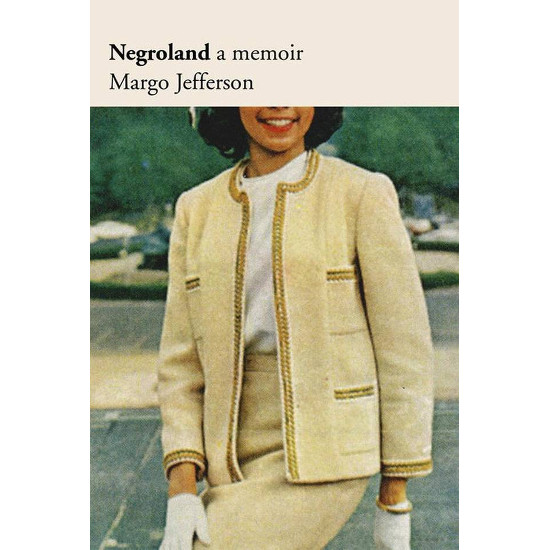
Written by Pulitzer-winning writer and cultural critic Margo Jefferson, Negroland: A Memoir is more than your typical personal narrative. Instead, the book is a unique profile of the microcosmic world that Jefferson inhabited — one that illustrates the intersections of race, gender, power, and privilege.
Born in upper-crust black Chicago—her father was for years head of pediatrics at Provident, at the time the nation’s oldest black hospital; her mother was a socialite—Margo Jefferson has spent most of her life among (call them what you will) the colored aristocracy, the colored elite, the blue-vein society. Since the nineteenth century they have stood apart, these inhabitants of Negroland, “a small region of Negro America where residents were sheltered by a certain amount of privilege and plenty.”
Jefferson addresses the conflict and contradictions of being a member of the black elite, whom she calls The Third Race. She speaks of a certain feeling of pride in your race that is often mixed with a degree of respectability politics. Negroland: A Memoir is also candid about the psychological toll of maintaining a certain “standard” when affected by the intersections of race and class.




